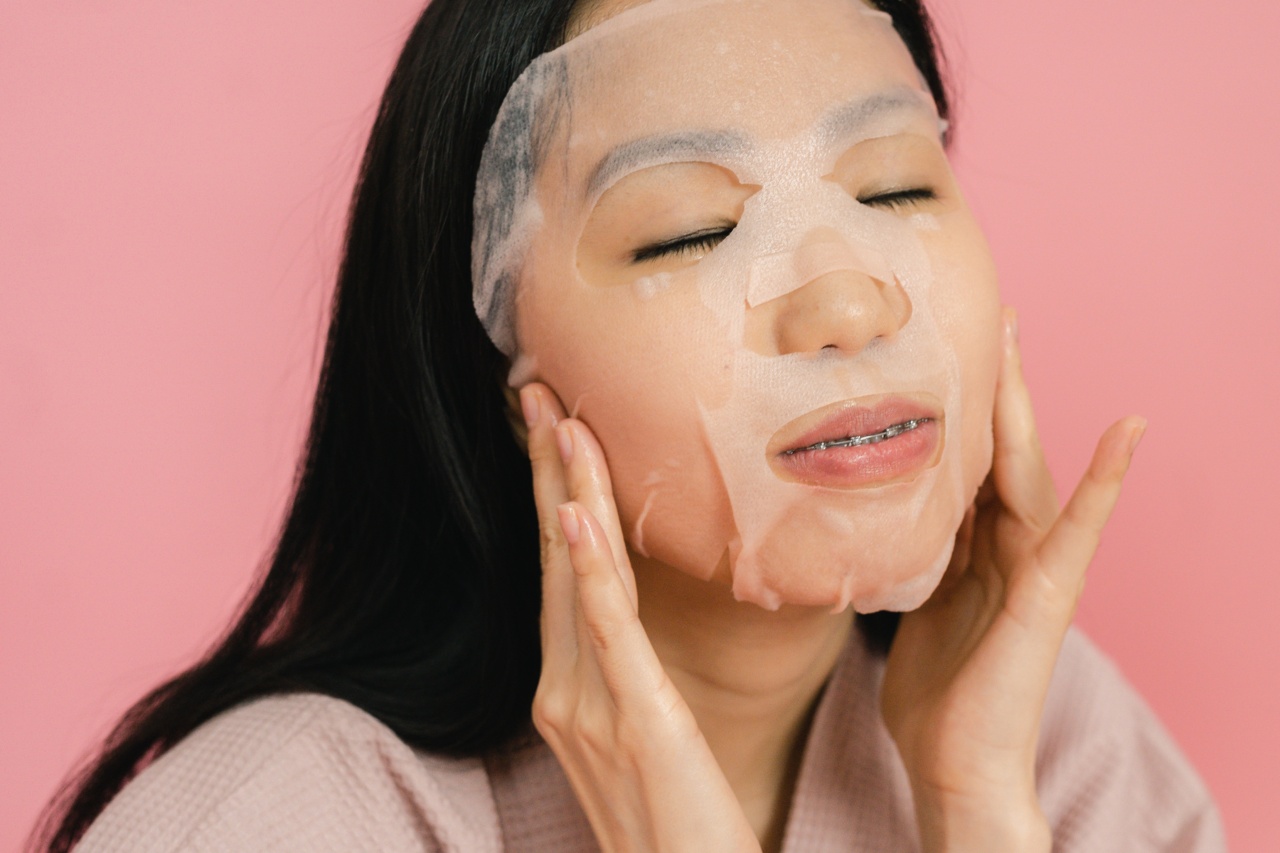Having voluminous hair is often considered a sign of healthy hair. However, many people struggle with flat and lifeless hair that lacks volume. While there can be multiple reasons for this, one overlooked factor is nutrient deficiency.
Our hair is an extension of our body and requires essential nutrients to grow and maintain its health. In this article, we will explore various nutrient deficiencies that can lead to hair loss and lack of volume. Additionally, we will discuss a simple nutrient deficiency test that can help you identify the root cause of your hair problems.
The Importance of Nutrients for Hair Health
Before diving into the nutrient deficiencies, it is crucial to understand why nutrients are vital for maintaining healthy hair. Hair is primarily composed of a protein called keratin, which requires an adequate supply of nutrients to grow and thrive.
Nutrients like vitamins, minerals, and proteins play a significant role in ensuring proper hair growth, strength, and volume.
Common Nutrient Deficiencies and Their Impact on Hair Volume
1. Iron Deficiency:.
Iron is an essential mineral that helps transport oxygen to the hair follicles. When there is insufficient iron in the body, the hair follicles receive less oxygen, leading to hair thinning and loss of volume.
2. Vitamin D Deficiency:.
Vitamin D plays a crucial role in hair growth and renewal. Deficiency in this vitamin can result in hair breakage, thinning, and reduced volume.
3. Biotin Deficiency:.
Biotin, also known as vitamin B7, is essential for the production of keratin. A deficiency in biotin can lead to weak hair, hair loss, and lack of volume.
4. Zinc Deficiency:.
Zinc is a mineral that helps support hair growth and repair. When there is a deficiency of zinc, it can result in hair thinning and reduced volume.
5. Vitamin E Deficiency:.
Vitamin E is an antioxidant that helps improve blood circulation in the scalp, promoting healthy hair growth. Its deficiency can lead to weak and brittle hair with less volume.
6. Omega-3 Fatty Acids Deficiency:.
Omega-3 fatty acids are known for their anti-inflammatory properties and ability to nourish hair follicles. Insufficient intake of omega-3 fatty acids can lead to dry and brittle hair lacking volume.
7. Vitamin A Deficiency:.
Vitamin A is crucial for the production of sebum, the natural oil that keeps the scalp and hair moisturized. Without enough vitamin A, the scalp can become dry and the hair can lose its volume.
The Nutrient Deficiency Test
If you suspect that nutrient deficiencies are causing your hair to lack volume, a nutrient deficiency test can help identify which specific nutrients your body is lacking.
Step 1: Consult with a Healthcare Professional
Before starting any self-diagnosis or treatment, it is important to consult with a healthcare professional. They can assess your overall health, conduct necessary tests, and provide appropriate guidance based on your individual needs.
Step 2: Blood Test for Nutrient Levels
A blood test is the most accurate way to determine nutrient deficiencies. Your healthcare professional will take a blood sample and analyze it to measure the levels of various nutrients in your body.
Step 3: Analysis of Results
Once the blood test results are available, your healthcare professional will interpret them and identify any nutrient deficiencies that may be contributing to your hair volume concerns.
They will help create a personalized plan to address these deficiencies through diet changes, supplements, or other treatments.
Treatments for Nutrient Deficiencies
The treatment for nutrient deficiencies depends on the specific nutrients that are lacking in your body. In many cases, diet modifications can help restore the required nutrient levels.
However, your healthcare professional may also recommend supplements to provide an additional boost.
1. Iron Supplements:.
If you have an iron deficiency, your healthcare professional may prescribe iron supplements to restore your levels.
Additionally, incorporating iron-rich foods such as spinach, lentils, and red meat into your diet can provide a natural source of this mineral.
2. Vitamin D Supplements:.
For vitamin D deficiency, your healthcare professional may suggest supplements along with exposure to sunlight, which is a natural source of vitamin D.
Including fatty fish, fortified dairy products, and eggs in your diet can also help increase your vitamin D intake.
3. Biotin Supplements:.
Supplementing with biotin can be beneficial for individuals with biotin deficiency. Foods rich in biotin include eggs, nuts, whole grains, and cauliflower, so incorporating these into your diet can also support healthy hair growth.
4. Zinc Supplements:.
If zinc deficiency is identified, your healthcare professional may recommend zinc supplements. Foods such as meat, shellfish, legumes, and seeds are good dietary sources of zinc.
5. Vitamin E Supplements:.
Supplementing with vitamin E can help address a deficiency. Including foods like almonds, sunflower seeds, and spinach in your diet can also increase your vitamin E intake.
6. Omega-3 Fatty Acid Supplements:.
Taking omega-3 fatty acid supplements can help restore the balance if a deficiency is detected. Including fatty fish, flaxseeds, and chia seeds in your diet can naturally boost your omega-3 intake.
7. Vitamin A Supplements:.
If your body lacks vitamin A, your healthcare professional may suggest supplements. Foods like carrots, sweet potatoes, and leafy greens are excellent sources of vitamin A.
Conclusion
When it comes to hair volume, nutrient deficiencies can play a significant role. Identifying and addressing these deficiencies through a nutrient deficiency test can help restore your hair’s volume and overall health.
Remember to consult with a healthcare professional before making any dietary or supplement changes to ensure you receive the right guidance for your specific needs.





























